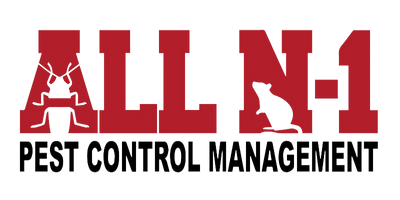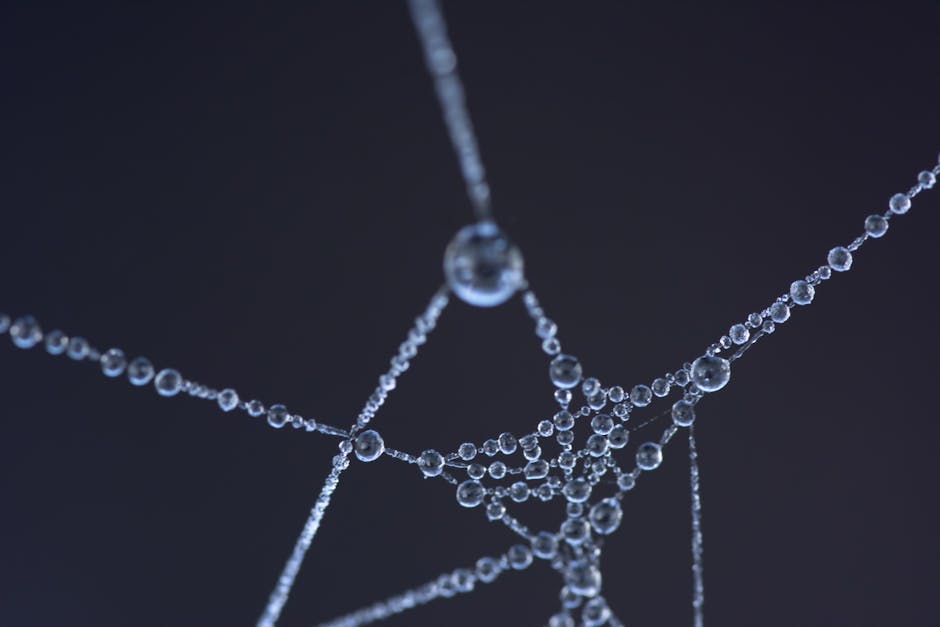Introduction to Spiders and Their Impact on Health
Spiders, although often feared, play a vital role in controlling insect populations. While most spiders are harmless to humans, some can pose health risks. Spider bites can cause local irritation, redness, swelling, and, in rare cases, severe reactions. It’s essential to identify common spiders in your area to understand potential risks they pose. Keep an eye out for black widows and brown recluses, known for their venomous bites. Understanding spiders’ behavior can help you stay safe and healthy in your living environment.
Common Types of Spiders Found in Homes and Workspaces
Spiders like the common house spider, cellar spider, and brown recluse spider are frequently found in homes and workspaces.__
Identifying Spider Bites and Symptoms
Spider bites are often hard to identify because their symptoms can mimic other skin conditions or insect bites. Some common signs of a spider bite include redness, swelling, pain, and itching at the bite site. In some cases, you may also notice a blister or ulcer at the site. Spider bites can lead to symptoms like muscle pain, headache, fever, and even nausea. It is crucial to seek medical attention if you suspect a spider bite, especially if you experience severe symptoms like difficulty breathing or chest pain. Remember, it’s always better to be safe than sorry when it comes to spider bites.
Health Risks Associated with Spider Bites
Spider bites can lead to various health risks, ranging from mild irritation to severe reactions. Here are some common health risks associated with spider bites:
- Spider venom can cause pain, redness, and swelling at the bite site.
- Some spider bites can result in allergic reactions, including itching, hives, or difficulty breathing.
- Certain species of spiders, such as the black widow or brown recluse, can cause more serious symptoms like muscle cramps, nausea, and even tissue damage.
It’s important to seek medical attention if you suspect you’ve been bitten by a spider, especially if you develop severe symptoms.
Safety Concerns and Prevention Strategies
Spiders may not seem threatening, but some species can pose risks to your health and safety. To prevent spider infestations in your space, consider these simple strategies:
- Keep your living or working area clean and clutter-free to reduce hiding spots for spiders.
- Seal any cracks or gaps in walls, windows, and doors to prevent spiders from entering.
- Regularly inspect and shake out items that have been stored for a while, such as shoes, clothing, and boxes.
- Install screens on windows and doors to prevent spiders from entering your space.
- Keep outdoor lights off or switch to yellow bulbs, as bright lights can attract insects that spiders feed on.
- If you suspect a spider infestation, contact a pest control professional for safe removal and prevention measures.
Effective Ways to Control Spider Infestations
Spiders can be unwelcome guests in your space, but there are ways to control infestations without resorting to harmful methods. Here are some effective ways to keep spiders at bay:
- Keep your space clean and clutter-free to eliminate hiding spots for spiders.
- Use natural repellents like peppermint oil or vinegar to deter spiders from entering your space.
- Seal cracks and crevices around doors, windows, and foundations to prevent spiders from sneaking in.
- Regularly vacuum and dust to remove webs and egg sacs, disrupting spiders’ breeding grounds.
- Consider introducing natural predators like ladybugs or praying mantises to help control the spider population in your space.
Importance of Regular Inspections and Maintenance
Regular inspections and maintenance are crucial to keeping your space safe from potential spider risks. By inspecting regularly, you can identify and address any infestations before they become a bigger issue. Maintaining a clean and clutter-free environment also helps in preventing spiders from settling in. Regular inspections ensure that you catch any early signs of spider activity, allowing you to take necessary measures promptly. Maintenance involves sealing cracks and crevices that spiders can use as entry points, along with removing webs and egg sacs to deter spiders from establishing a presence in your space.
Seeking Professional Help for Spider Infestations
Professional pest control services are recommended for dealing with spider infestations in your living or working space. Here’s why:
- Professional expertise: Pest control professionals are trained to identify spider species and implement effective removal strategies.
- Safety: DIY methods may not always be safe or fully eradicate the infestation, risking potential bites or reinfestation.
- Prevention: Professionals can also provide advice on preventing future infestations, maintaining a safe and spider-free environment.
- Efficiency: Their tools and products are more potent and can eliminate spiders in a more efficient manner.
Minimizing Risks in Outdoor Areas
When it comes to reducing risks in outdoor spaces, it’s important to keep your surroundings tidy and free of clutter. Regularly inspect your outdoor areas for any potential spider habitats, such as piles of wood, rocks, or debris. Seal any cracks or gaps in buildings or structures to prevent spiders from entering. Consider using natural spider repellents like citrus or peppermint oils to deter them from nesting in your space. Remember, keeping a clean and well-maintained outdoor area can go a long way in minimizing the risks associated with spiders.
Conclusion: Promoting Health and Safety in Spider-Prone Environments
Remember, promoting health and safety in spider-prone areas is crucial for your well-being. By keeping your space clean and clutter-free, you can reduce the chances of spiders making themselves at home. Seal any cracks or gaps in walls and floors to prevent spiders from entering. Regularly clean and dust your home to eliminate spider webs and egg sacs. If you suspect a spider infestation, it’s best to contact a professional pest control service to handle the situation effectively. Stay vigilant and proactive to create a safe environment for yourself and others.




